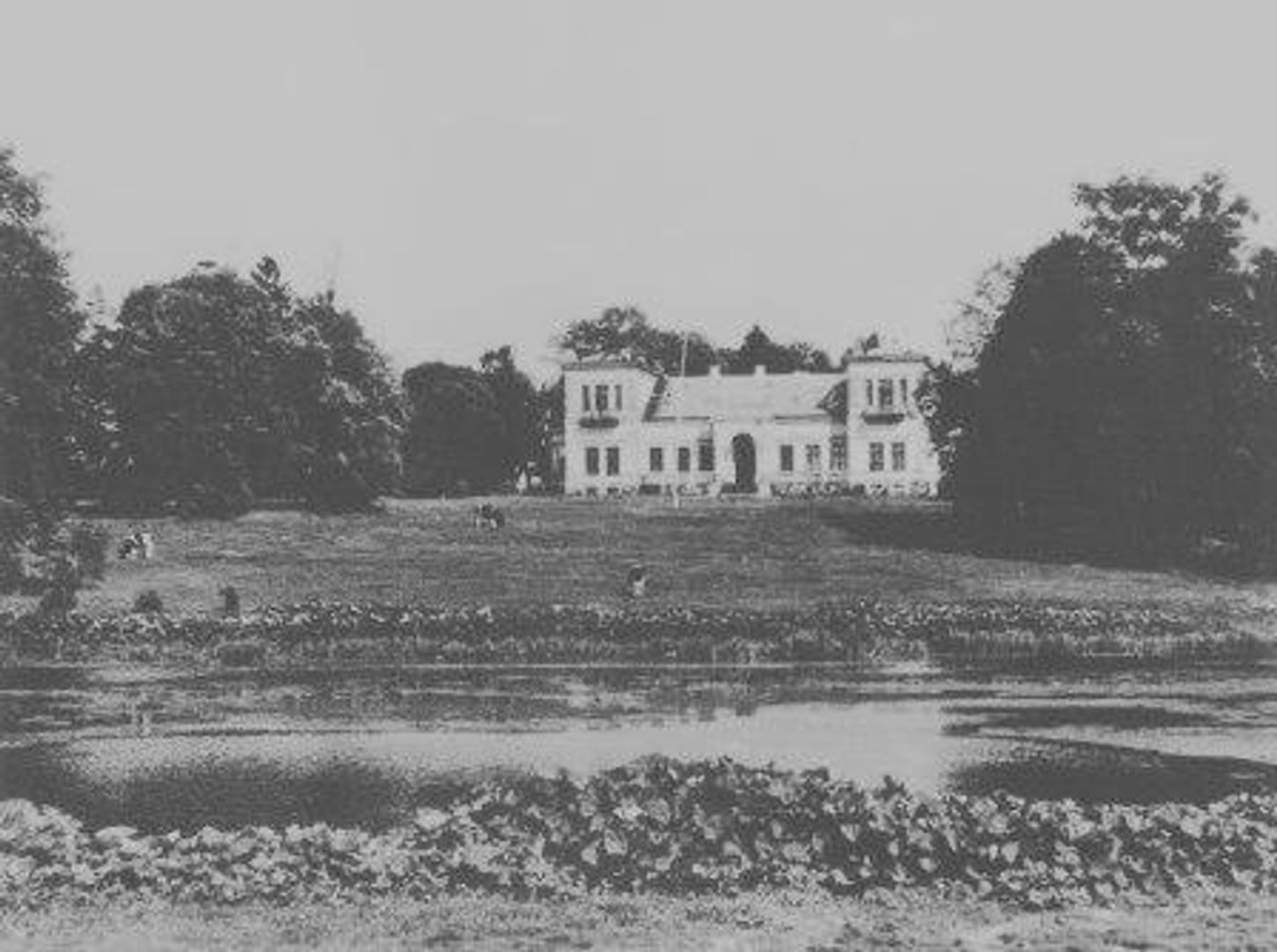Ceranów
6.32

Overview
Ceranów is a village located in the Masovian Voivodeship, in the Sokołów County, known for its rich history and agricultural traditions. The inhabitants of Ceranów, mainly farmers, are engaged in cattle breeding and the cultivation of cereals, corn, and potatoes. These lands, which in the Middle Ages lay on the border between Masovian and Ruthenian settlement, frequently changed hands among various owners; the earliest mentions of Ceranów date back to 1465. In the 19th and early 20th centuries, the village experienced economic development under the rule of the Górski family. Interestingly, Ceranów was a site of pioneering grassroots work aimed at raising the level of education among its residents. In 1939, the village became a battleground during World War II, and after the war, it tragically entered history due to repressions by the NKVD. In terms of architecture, the neo-Gothic church from 1875 stands out, with its characteristic red brick, richly decorated interior, and valuable craftworks. The palace from 1877, converted into a school in the 20th century, is also a significant monument in Ceranów. Additionally, the village is surrounded by forests and lies near the Bug Landscape Park. An interesting fact is that Ceranów is home to numerous archaeological sites, testifying to human settlement in the area since prehistoric times, and that Stanisław Poniatowski, a Polish ethnographer and anthropologist, hailed from Ceranów. The Felician Sisters operate in the village, engaging in educational activities and caring for the needy since the 19th century. Ceranów is a place where history, architecture, and tradition harmoniously coexist, creating a rich cultural heritage of the region.
Location
City
Sterdyń Deanery
Tertiary Administrative Division
Ceranów
County
Sokołów County
State
Masovian Voivodeship
Country
2026 Wizytor | All Rights Reserved